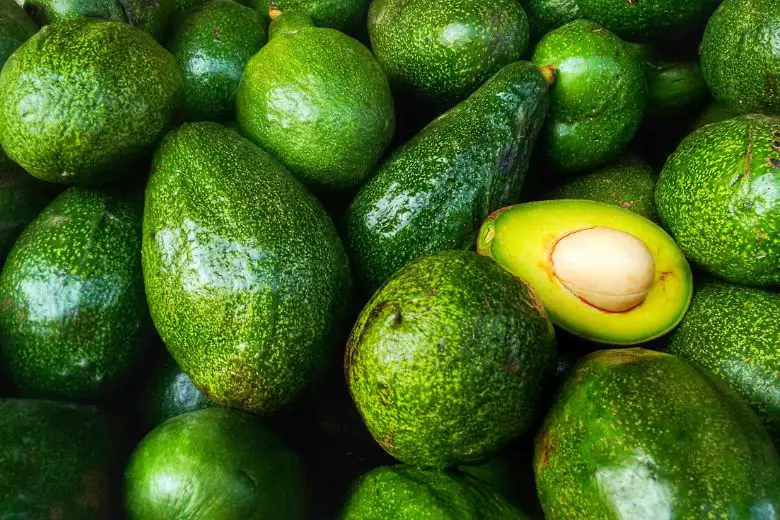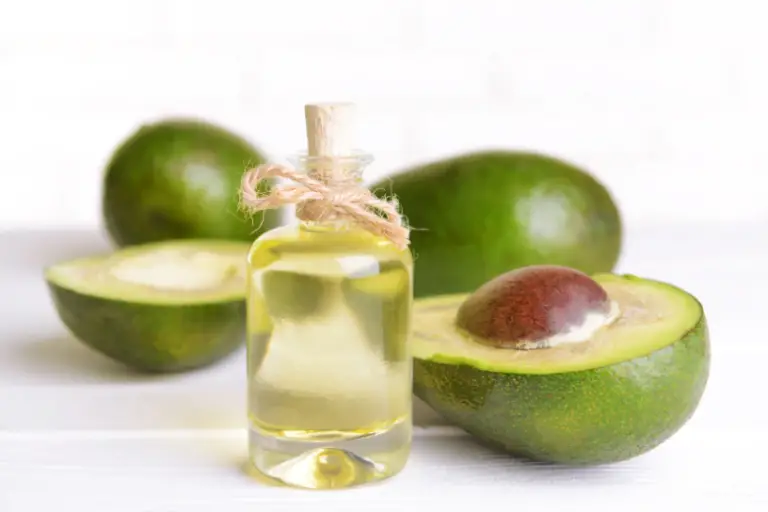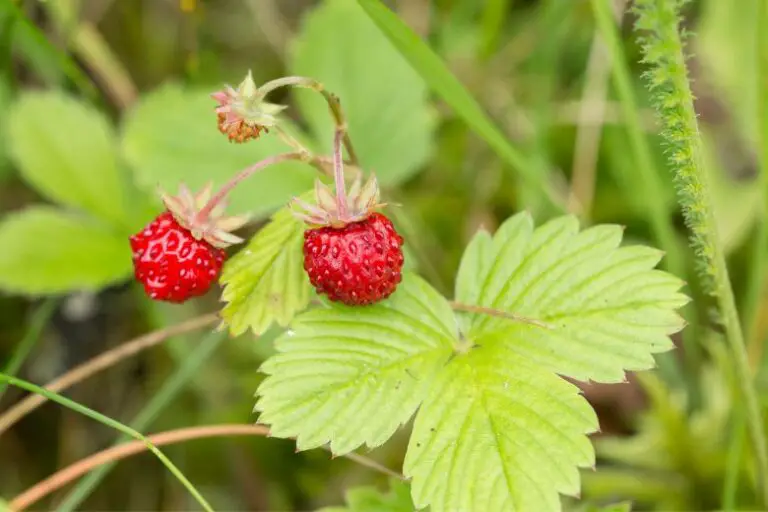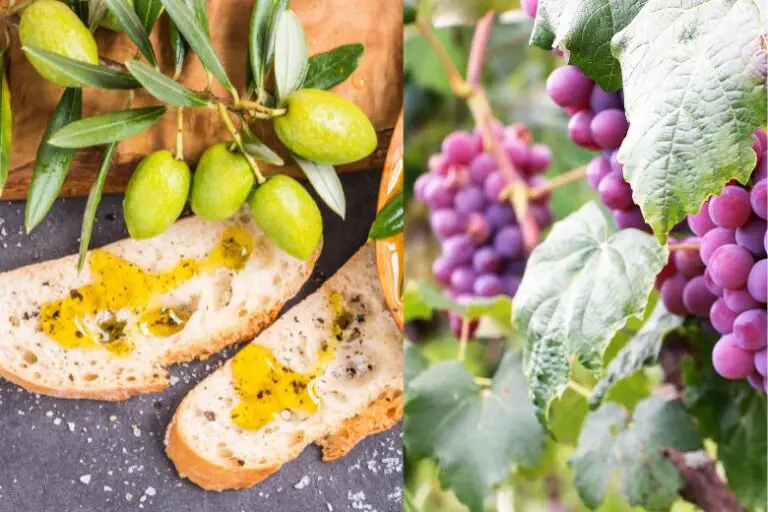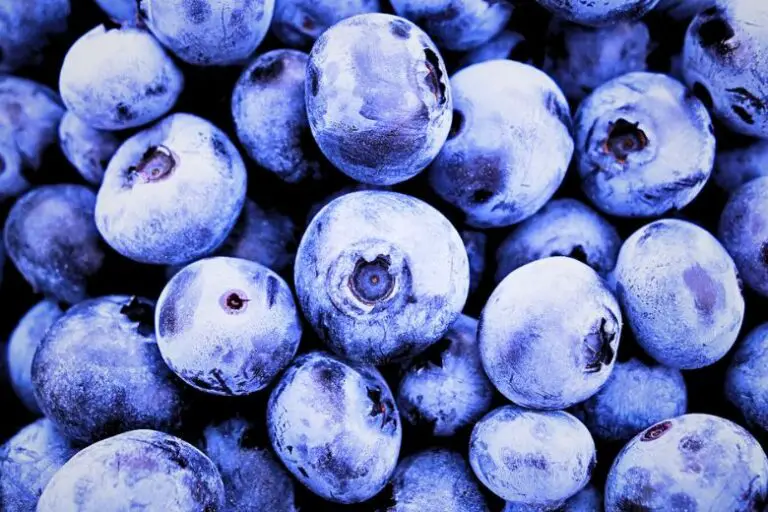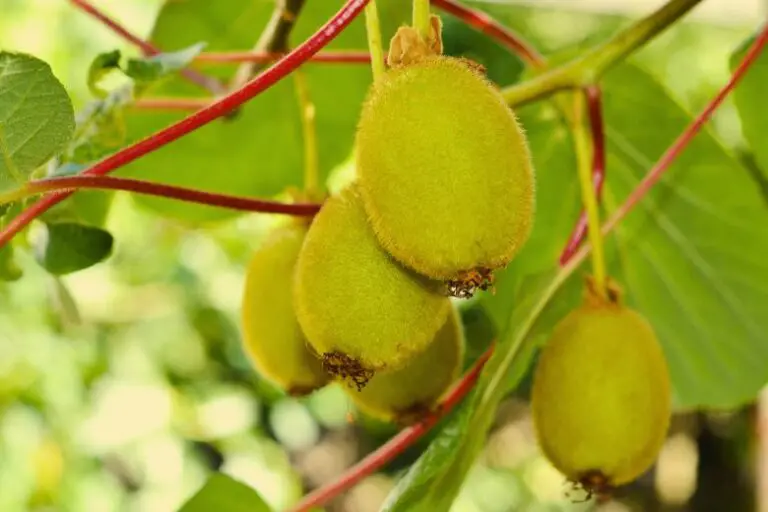Are Avocados a Stone Fruit
Avocados have gained immense popularity in recent years, not only for their creamy texture and mild taste but also for their numerous health benefits. But have you ever wondered whether avocados are classified as stone fruits?
In this article, we will explore the fascinating world of avocados and determine their relationship to stone fruits.
Characteristics of Avocados:
Avocados are known for their unique appearance and buttery texture. These fruits typically have a pear or oval shape, with a rough, dark green or black skin that encases a soft, pale green or yellow flesh. The texture of avocados is often described as creamy, making them a versatile ingredient in various culinary creations.
Aside from their delicious taste, avocados are also rich in essential nutrients. They contain healthy monounsaturated fats, dietary fiber, vitamins C, E, and K, as well as minerals like potassium and magnesium. Avocados are considered a nutrient-dense food, making them an excellent addition to a balanced diet.
Avocados and Botanical Classification:
To understand whether avocados are classified as stone fruits, it’s important to delve into their botanical classification. Botanically, a fruit is defined as the mature ovary of a flowering plant that typically contains seeds. With this definition in mind, we can determine whether avocados fit into the category of stone fruits.
Avocado Seed:
When we think of stone fruits, we often associate them with a large, hard pit or stone in the center. Avocados also have a seed, commonly referred to as the “avocado pit.” This seed is relatively large, smooth, and hard, similar to the pits found in traditional stone fruits like peaches or cherries. The presence of a seed in avocados raises the question of their classification as stone fruits.
The Stone Fruit Family:
Stone fruits are a group of fruits that belong to the Rosaceae family, characterized by their hard, stony endocarp or pit. Common examples of stone fruits include peaches, plums, cherries, and apricots. These fruits are known for their juicy flesh surrounding a single, hard stone or pit.
Avocados and Stone Fruits:
Although avocados possess a seed or pit, they are not considered typical stone fruits. Avocados belong to the Lauraceae family, which includes trees and shrubs known for their aromatic leaves and fruits. This distinction sets avocados apart from stone fruits, as their botanical classification places them in a different family altogether.
Avocado Cultivation and Growth:
Avocado trees thrive in subtropical and tropical climates, requiring well-drained soil and ample sunlight. These trees can take several years to reach maturity and produce fruit. Once the avocados are ready for harvest, they undergo a ripening process, during which their texture and flavor develop to their full potential.
Culinary Uses of Avocados:
Avocados are a staple ingredient in many cuisines around the world. Their rich, creamy texture makes them suitable for a wide range of dishes. From classic guacamole to avocado toast, salads, sandwiches, and even desserts, avocados offer versatility in both savory and sweet creations.
Health Benefits of Avocados:
Beyond their culinary appeal, avocados also offer numerous health benefits. The monounsaturated fats present in avocados are considered heart-healthy fats that can help reduce bad cholesterol levels. Avocados are also a good source of dietary fiber, which aids digestion and promotes satiety. Additionally, the vitamins and minerals in avocados contribute to overall well-being.
Avocado Industry and Market:
Avocados have become a thriving industry globally, with significant production and consumption in various countries. The demand for avocados has skyrocketed in recent years due to their perceived health benefits and culinary versatility. This growth has led to economic opportunities for farmers, exporters, and businesses involved in the avocado supply chain.
Environmental Impact of Avocado Farming:
While the avocado industry has experienced tremendous growth, it is not without its environmental concerns. Avocado farming requires substantial water resources, which can strain local ecosystems, particularly in regions prone to drought. However, sustainable farming practices and conservation efforts are being implemented to minimize the environmental impact of avocado cultivation.
Avocado Myths and Misconceptions:
Like any popular food, avocados have their fair share of myths and misconceptions. One common misconception is that avocados are high in unhealthy fats. While avocados do contain fats, they are predominantly monounsaturated fats, which are considered beneficial for heart health. Debunking such myths helps to provide accurate information and dispel any misconceptions surrounding avocados.
Avocado Varieties:
Avocados come in various shapes, sizes, and colors. Different avocado varieties offer unique flavor profiles and textures, ranging from creamy and buttery to nutty and slightly sweet. Some popular avocado varieties include Hass, Fuerte, Reed, and Pinkerton, each with its own distinct characteristics.
Avocado Ripening and Storage:
To fully enjoy the flavor and texture of avocados, proper ripening and storage techniques are essential. Avocados are often picked when they are still firm and require some time to ripen. This can be achieved by placing them in a paper bag with a banana or apple, as these fruits release ethylene gas, which accelerates the ripening process. Once ripe, avocados can be stored in the refrigerator to prolong their freshness.
Avocado-related Products:
Avocado’s popularity has extended beyond the realm of fresh produce. Avocado oil, known for its high smoke point and nutritional properties, has gained recognition in the culinary world. Additionally, avocado-based skincare products have emerged, leveraging the fruit’s moisturizing and nourishing qualities. The market continues to evolve, offering innovative avocado-related products to cater to various consumer needs.
Avocados in Popular Culture:
Avocados have achieved a remarkable status in popular culture, often associated with health-conscious individuals and food trends. They have become a symbol of wellness and are frequently referenced in social media, advertisements, and even fashion. Avocado-themed merchandise, festivals, and events have emerged, celebrating the fruit’s unique appeal and cultural significance.
Avocado Recipes and Meal Ideas:
If you’re looking for inspiration on how to incorporate avocados into your meals, there is no shortage of delicious recipes to explore. From avocado salads and smoothies to grilled avocado sandwiches and avocado chocolate mousse, the possibilities are endless. Avocados add a touch of creaminess and flavor to various dishes, making them a versatile ingredient.
Avocados and Healthy Lifestyle:
Avocados are often associated with a healthy lifestyle due to their nutrient content and potential health benefits. Incorporating avocados into a balanced diet can contribute to overall well-being. Many dietary plans, such as the Mediterranean diet and the keto diet, embrace the inclusion of avocados for their nutritional value and culinary versatility.
Avocado Allergies and Side Effects:
While avocados offer numerous health benefits, it’s important to note that some individuals may be allergic to them. Avocado allergies can manifest as oral allergy syndrome or more severe allergic reactions. Additionally, excessive consumption of avocados can lead to gastrointestinal discomfort due to their high fiber content. Moderation is key when enjoying avocados as part of a healthy diet.
Sustainable Avocado Farming Practices:
To address the environmental concerns associated with avocado farming, sustainable practices are being adopted within the industry. Organic and regenerative farming methods aim to reduce the use of synthetic pesticides and fertilizers, promote soil health, and conserve water resources. These practices contribute to the long-term sustainability of avocado cultivation.
Avocado Conservation and Preservation:
Given the growing demand for avocados, it is crucial to protect and preserve avocado biodiversity. Conservation efforts focus on preserving wild avocado species and promoting genetic diversity to safeguard the future of avocados. Various organizations and initiatives are dedicated to these conservation efforts, ensuring the continued existence of diverse avocado varieties.
Avocado Art and Creativity:
Avocados have inspired creativity in various art forms. Artists and crafters have incorporated avocados into their works, ranging from paintings and sculptures to jewelry and clothing. DIY projects featuring avocados have also gained popularity, allowing enthusiasts to express their love for this unique fruit through creative outlets.
Avocado Fun Facts:
Did you know that avocados are technically berries? They are also known as “alligator pears” due to their rough, textured skin. Avocados are one of the few fruits that do not ripen on the tree but instead mature after harvesting. These fun facts and more add to the intrigue and fascination surrounding avocados.
Avocado Seasonality and Availability:
While avocados are available in many regions throughout the year, their seasonality varies depending on the specific variety and geographical location. Different avocado-growing regions have distinct harvest seasons, resulting in fluctuations in avocado availability. Understanding the seasonality of avocados helps consumers make informed choices and enjoy the freshest produce.
FAQs:
Are avocados a type of stone fruit?
No, avocados are not considered stone fruits. They belong to the Lauraceae family, while stone fruits belong to the Rosaceae family.
What are the health benefits of avocados?
Avocados are rich in monounsaturated fats, dietary fiber, vitamins, and minerals. They can contribute to heart health, aid digestion, and provide essential nutrients.
Can avocados be consumed by people with avocado allergies?
Individuals with avocado allergies should avoid consuming avocados. Allergic reactions can range from mild to severe, and it’s essential to seek medical advice if allergic symptoms occur.
How can I ripen avocados quickly?
To ripen avocados faster, place them in a paper bag with a banana or apple. The ethylene gas released by these fruits accelerates the ripening process.
Are there different varieties of avocados?
Yes, there are various avocado varieties, each with its own unique flavor profile and characteristics. Some popular varieties include Hass, Fuerte, Reed, and Pinkerton.
Conclusion:
Avocados, while possessing a seed, are not classified as typical stone fruits. They belong to the Lauraceae family, distinguishing them from the Rosaceae family of stone fruits. Avocados offer a myriad of culinary possibilities, health benefits, and cultural significance. Understanding the unique characteristics of avocados helps us appreciate their versatility and appeal.

